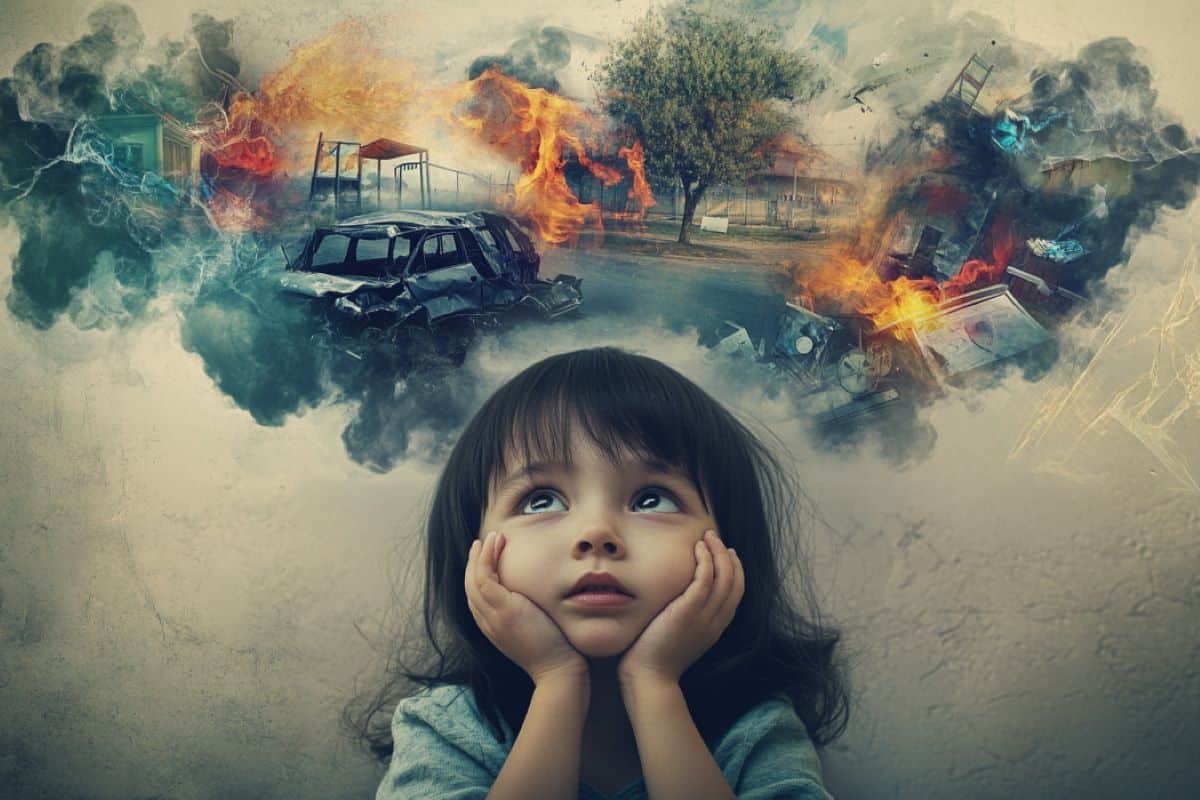Understanding Child Trauma: It's All in the Mind!
Rethinking Child Trauma Recovery
The impact of traumatic events on children has been the subject of extensive research. But this new study flips the narrative, suggesting that it's not the severity of the trauma but the child's mental processing that predicts their mental health outcomes. Read more on Neuroscience News.
The Power of Thoughts Over Events
Researchers discovered that children's interpretations and emotional responses play a more crucial role in their recovery. It's about making sense of the past, a kind of mental reframing that can prevent conditions like PTSD, anxiety, and depression.
"The greatest discovery of my generation is that a human being can alter his life by altering his attitudes." – William James

This image illustrates the profound journey a child undertakes internally when processing traumatic memories.
Implications for Therapy and Treatment
- Therapies focusing on cognitive-behavioral approaches become pivotal.
- Parent and teacher awareness programs about narrative shaping.
- Guided meditative practices could be integrated for younger children.
Introducing methods found in acclaimed books like The Body Keeps the Score could further enhance these approaches.
This study encourages a cultural shift in how society perceives childhood trauma, pushing for holistic mental health strategies that begin with understanding a child's internal monologue.
Real-world Applications and Case Studies
Communities that integrate trauma-informed practices report improved behavioral and educational outcomes for children. Empirical examples abound with proven data from these initiatives.
Top influencers in child psychology, such as Alice Miller, advocate for the personalization of therapeutic approaches based on children's unique mental processing capabilities.
Further Reading and Resources
For those keen to delve deeper, we suggest exploring resources like this YouTube video on cognitive recovery from trauma to understand intricate details of such recovery processes.
Ultimately, as we construct supportive environments and practices tailored to each child's mental narrative, we foster resilience and growth. As parents, educators, and clinicians, staying informed and adaptable in our strategies is paramount.
